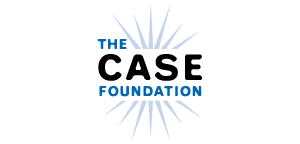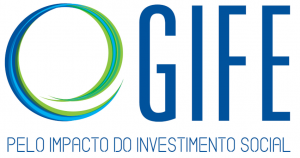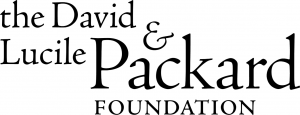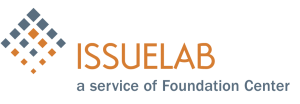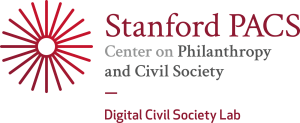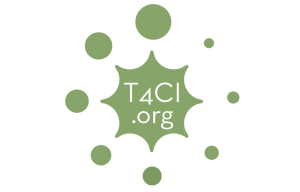Digital Impact was created by the Digital Civil Society Lab at Stanford PACS and was managed until 2024. It is no longer being updated.
Digital Impact is an initiative of the Digital Civil Society Lab to help social sector practitioners use digital resources safely, ethically, and effectively toward mission.Digital Impact is made possible with the ongoing support of the Bill & Melinda Gates Foundation, the progressive financial firm Liquidnet, and Knight Foundation.
Our Work
A core capacity of nonprofits and foundations is managing and governing digital data in ways that advance your mission and respect the rights of the people you serve. Digital Impact supports this capacity by:
- Fostering a robust online community dedicated to the exchange of practical data-related knowledge and expertise;
- Hosting live virtual events that support knowledge sharing, ideation, research, and cross-sector collaboration;
- Cultivating innovation and original research through grants and mentorship to select practitioners in the field;
- Developing and sharing ready-to-use tools, policies and resources for digital data governance in the social sector.
Stanford PACS & the Digital Civil Society Lab
Digital Impact is an initiative of the Digital Civil Society Lab (DCSL) at the Stanford Center on Philanthropy and Civil Society (Stanford PACS). Stanford PACS develops and shares knowledge to improve philanthropy, strengthen civil society, and effect social change, connects students, scholars and practitioners, and publishes the preeminent journal, the Stanford Social Innovation Review. The digital age has transformed civil society participation and organization, and presented new challenges and threats. Our dependencies on digital software and infrastructure require new insights into how these digital systems work and how an independent civil society can engage them safely, equitably, and effectively. The DCSL aims to understand how digital technology transforms civil society and shapes these transformations across the interconnected domains that support a thriving and independent civil society in the digital age: technology, organizations, policy, and social norms.
Digital technologies are transforming civil society and democracy. Our dependencies on digital systems require new insights into how these technologies work and how civil society can engage them safely, equitably, purposefully, and in support of human dignity and collective action.
The Digital Civil Society Lab (DCSL) aims to understand and inform civil society in a digitally dependent world. We engage scholars, practitioners, policy makers and students across four interconnected domains that shape a thriving and independent digital civil society: organizations, technology, policy, and values.
Our approach is multi-disciplinary, cross-sectoral, and global in scope. We research the challenges and opportunities that digital infrastructures, software, and hardware present to civil society and its building blocks including freedom of assembly, association, speech and privacy. We develop collaborations between the social sector, scholars and policy makers to support a thriving and independent digital civil society. We advance innovative teaching opportunities for practitioners and students to understand and imagine solutions to civil society’s challenges in a digitally dependent world.
Through fellowships, research, events, and teaching, we nurture an emerging generation of scholars, community advocates, technologists, and policymakers shaping the future of digital civil society.
The Lab is a research initiative of the Stanford Center on Philanthropy and Civil Society (Stanford PACS). It is led by Lucy Bernholz, senior research scholar at Stanford PACS; Rob Reich, professor of political science and faculty co-director of Stanford PACS; and Toussaint Nothias, research scholar at Stanford PACS.

